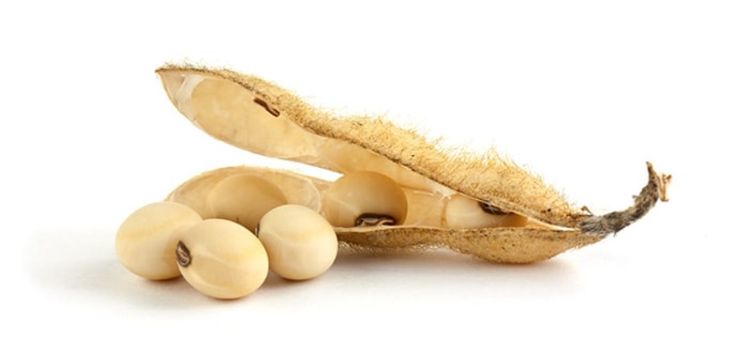BACKGROUND
Ingredient Type: Botanical, Constituent
Also Known As: Phytosteroids, Avenasterol, B-sitosterol 3-B-D-glucoside, B-sitosterolin, B-sitosterols, Brassicasterol, Campesterol, Dihydro-beta-sitosterol, Plant sterols, Plant sterol esters, Stigmasterol, Vegetable sterol esters (2)

Phytosterols are plant steroids that are similar in structure to cholesterol. More than 200 sterols and related compounds have been identified to-date. The most common phytosterols in the human diet are campesterol, sitosterol, and stigmasterol. These sterols have been shown to help manage LDL cholesterol levels. Some studies indicate that they do this by displacing cholesterol from intestinal micelles, which reduces the pool of absorbable cholesterol. Phytosterols may also decrease cholesterol absorption in the intestines and by binding to the cholesterol-receptor sites.
TRADITIONAL USES
Phytosterols are used in health supplements today for the prevention of coronary artery disease, cardiovascular disease, myocardial infarction, colorectal cancer, and gastric cancer, hypercholesterolemia, familial hypercholesterolemia, metabolic syndrome, and weight loss.
WHAT DOES SCIENCE TELL US?
Some research has shown that the intake of plant sterol/stanol supplements decreases LDL-cholesterol concentrations (1).
Hypercholesterolemia: Clinical research shows that plant sterols can lower total and low-density lipoprotein (LDL) cholesterol in children and adults with familial hypercholesterolemia (3). Additional research has shown that taking plant sterols, alone or in combination with plant stanols, reduces total and low-density lipoprotein (LDL) cholesterol levels in patients with other kinds of hypercholesterolemia (4). In one study phytosterol taken as an adjunctive to statin therapy lowered total cholesterol by about 12 mg/dL and LDL cholesterol by 11 mg/dL compared to statin therapy alone (5). Plant sterols seem to have the most significant cholesterol-lowering effect in people who naturally produce a high amount of cholesterol (6).
SAFETY
Some research indicates that phytosterols are safe when used orally and appropriately for up to one year. Plant sterols have been safely used in children in studies lasting for up to 6 months. There is insufficient information concerning their safety during pregnancy and lactation (2).
People with the rare genetic condition known as phytosterolemia absorb more phytosterols into the bloodstream that is healthy. People with this condition should not take phytosterol supplements.
REFERENCES
- Journal of the Academy of Nutrition and Dietetics. November 2013 Volume 113, Issue 11, Pages 1494-1503. Cholesterol-Lowering Efficacy of Plant Sterols/Stanols Provided in Capsule and Tablet Formats: Results of a Systematic Review and Meta-Analysis. Mandana Amir Shaghaghi, MSc, RD, Suhad S. Abumweis, PhD, Peter J.H. Jones, PhD. DOI: http://dx.doi.org/10.1016/j.jand.2013.07.006
- https://naturalmedicines.therapeuticresearch.com
- Malhotra A, Shafiq N, Arora A, Singh M, Kumar R, Malhotra S. Dietary interventions (plant sterols, stanols, omega-3 fatty acids, soy protein and dietary fibers) for familial hypercholesterolaemia. Cochrane Database Syst Rev. 2014 Jun 10;6:CD001918
- Acuff RV, Cai DJ, Dong ZP, Bell D. The lipid lowering effect of plant sterol ester capsules in hypercholesterolemic subjects. Lipids Health Dis. 2007 Apr 9;6:11
- Scholle JM, Baker WL, Talati R, Coleman CI. The effect of adding plant sterols or stanols to statin therapy in hypercholesterolemic patients: systematic review and meta-analysis. J Am Coll Nutr. 2009 Oct;28(5):517-24.
- Talati R, Sobieraj DM, Makanji SS, Phung OJ, Coleman CI. The comparative efficacy of plant sterols and stanols on serum lipids: a systematic review and meta-analysis. J Am Diet Assoc. 2010 May;110(5):719-26.
See this Oregan State University article on phytosterols, this University of Michigan article on plant stanols/sterols, this WebMD article on phytosterols and cholesterol, or the RXList entry for beta-sitosterol for more information.

